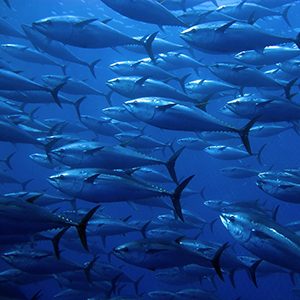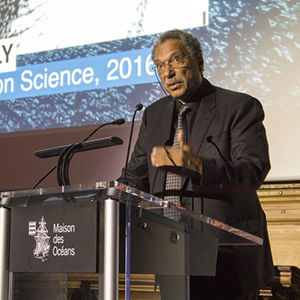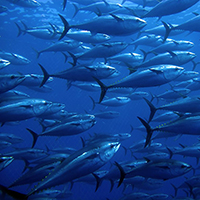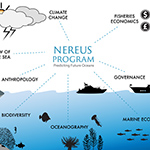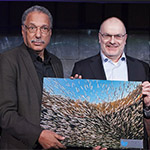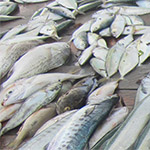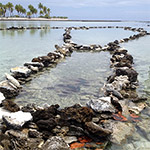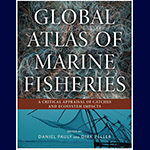How sustainable is tuna? New global catch database exposes dangerous fishing trends
Are our current tuna fishing habits sustainable? Probably not, according to a new global database of tuna catches developed by Sea Around Us
Q&A with Daniel Pauly of Sea Around Us
For World Oceans Day 2019, we sat down with Dr. Pauly and ask him a little bit about Sea Around Us and what he hopes to achieve with his work.
How choosing fish and seafood for dinner impacts carbon emissions
Choosing fish over pork, beef or lamb can be a more sustainable choice as fewer greenhouse gas emissions are produced.
“An Ocean Mystery: The Missing Catch” screening
The award-winning ocean conservation film will screen at UBC on April 28, 2017. RSVP REQUIRED.
Fish evolve by playing it safe
New research supports the creation of more marine reserves in the world’s oceans because fish can evolve to be more cautious and stay away from fishing nets.
For Indigenous communities, fish mean much more than food
Coastal indigenous communities eat 15 times more seafood than non-indigenous people in the same country says article from NF-UBC Nereus Program.
Daniel Pauly and Dirk Zeller receive Ocean Award
Dr. Daniel Pauly and Dr. Dirk Zeller received the Ocean Award in the Science category for their contributions to marine conservation and ocean health.
Global climate target could net additional six million tons of fish annually
The researchers found that some oceans are more sensitive to changes in temperature, and will have substantially larger gains from achieving the Paris Agreement.
Seafood consumption 15 times higher among Indigenous than non-Indigenous people
In the first global-scale analysis of its kind, the study estimated that coastal Indigenous people consume 74 kilograms of seafood per capita, compared to the global average of 19 kilograms.
Global marine fisheries catches declining by 1.2 million metric tons every year
The Global Atlas of Marine Fisheries, released by IOF’s Sea Around Us project, looks at global catches, country-by-country, and explores the consequences of this decline, food security, and the steps that can be taken to ease the situation.
